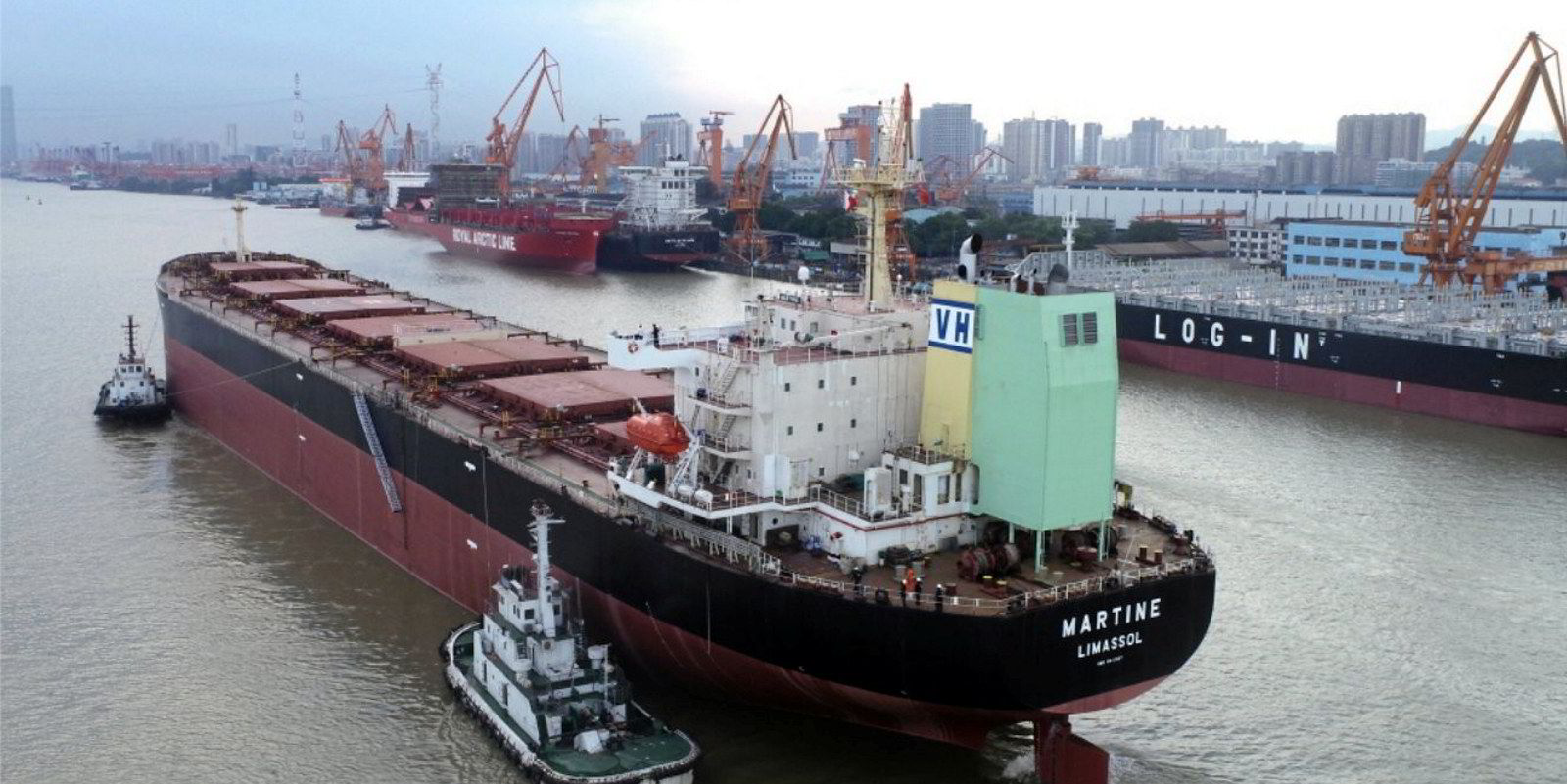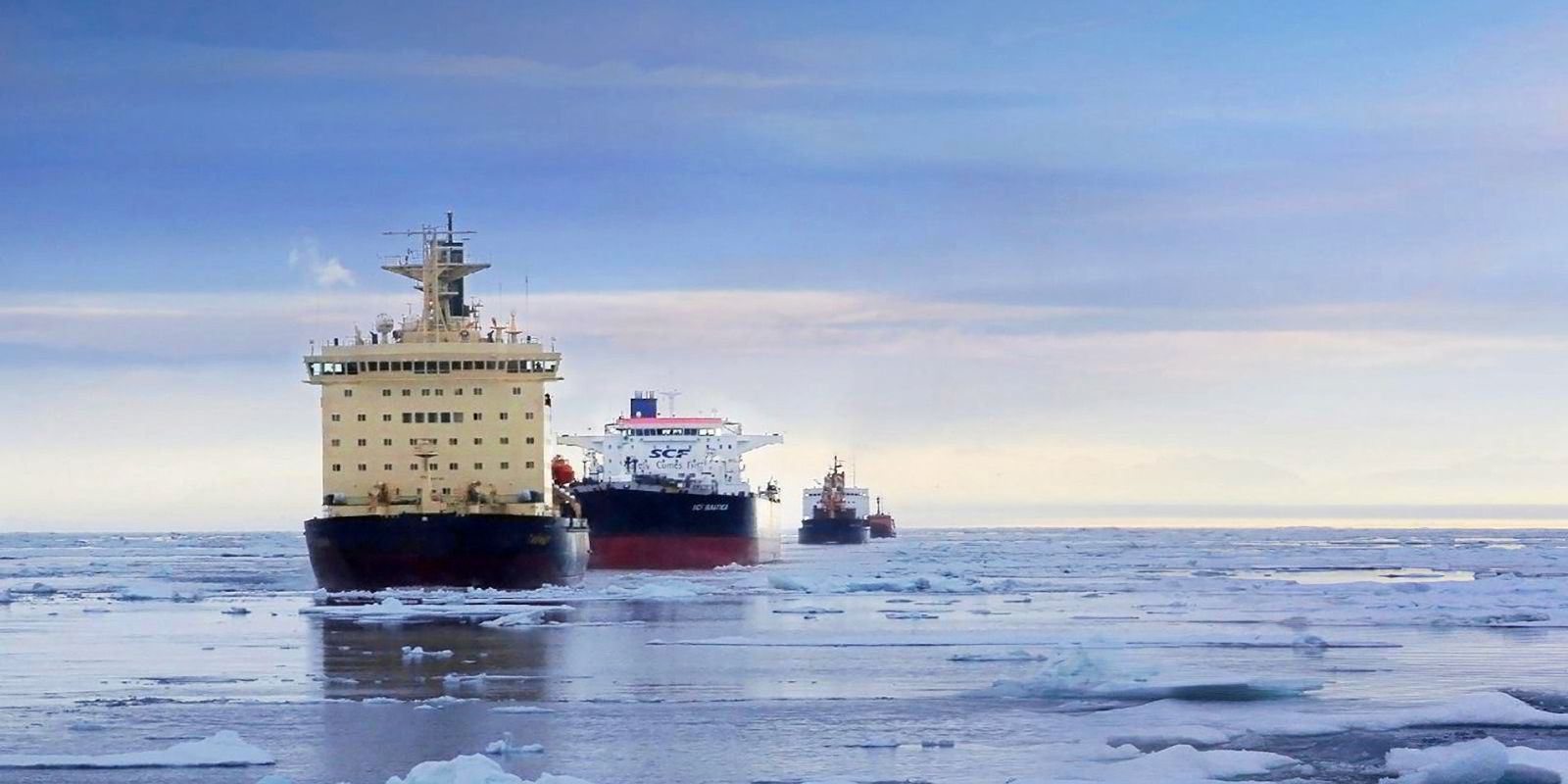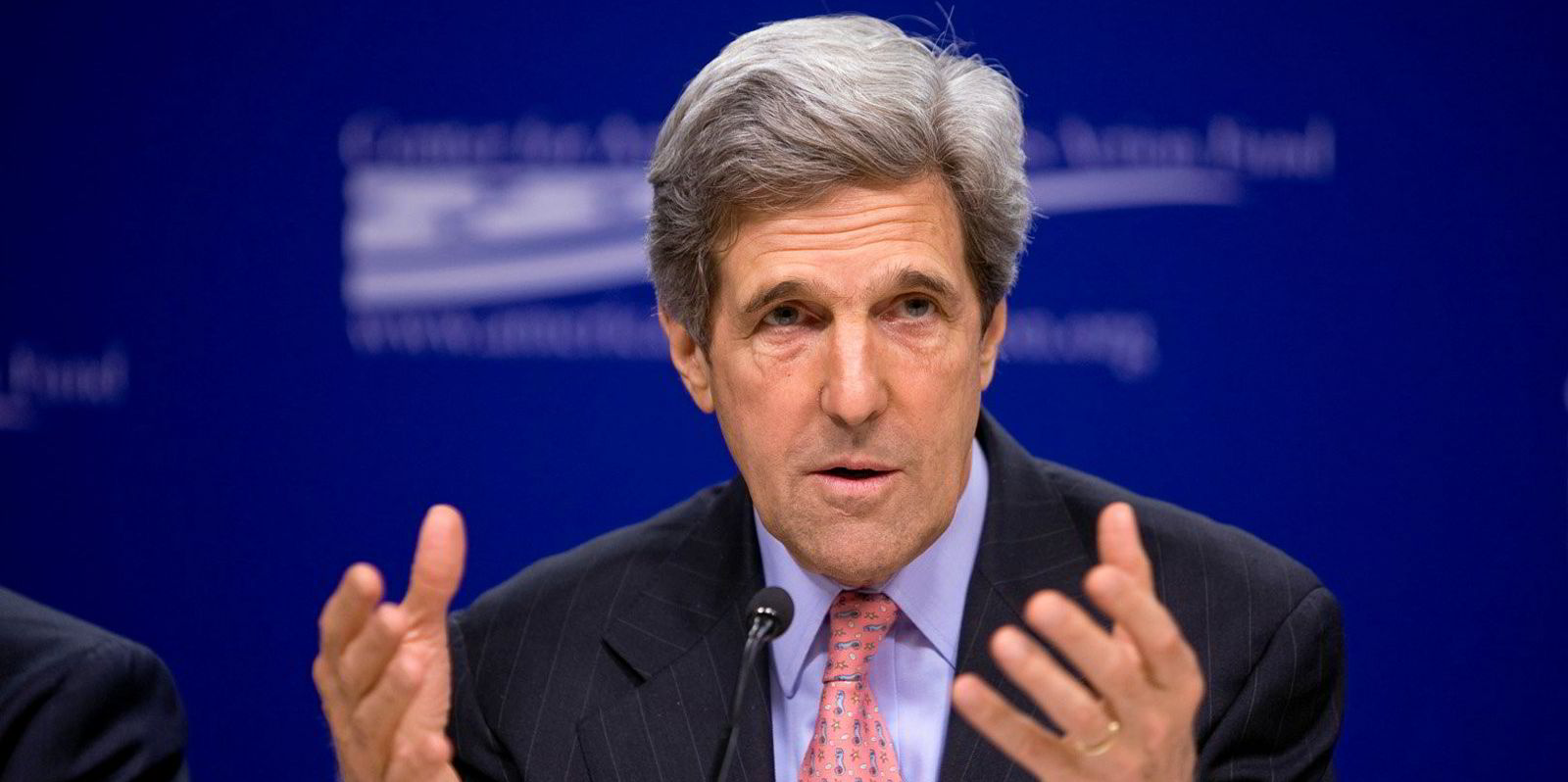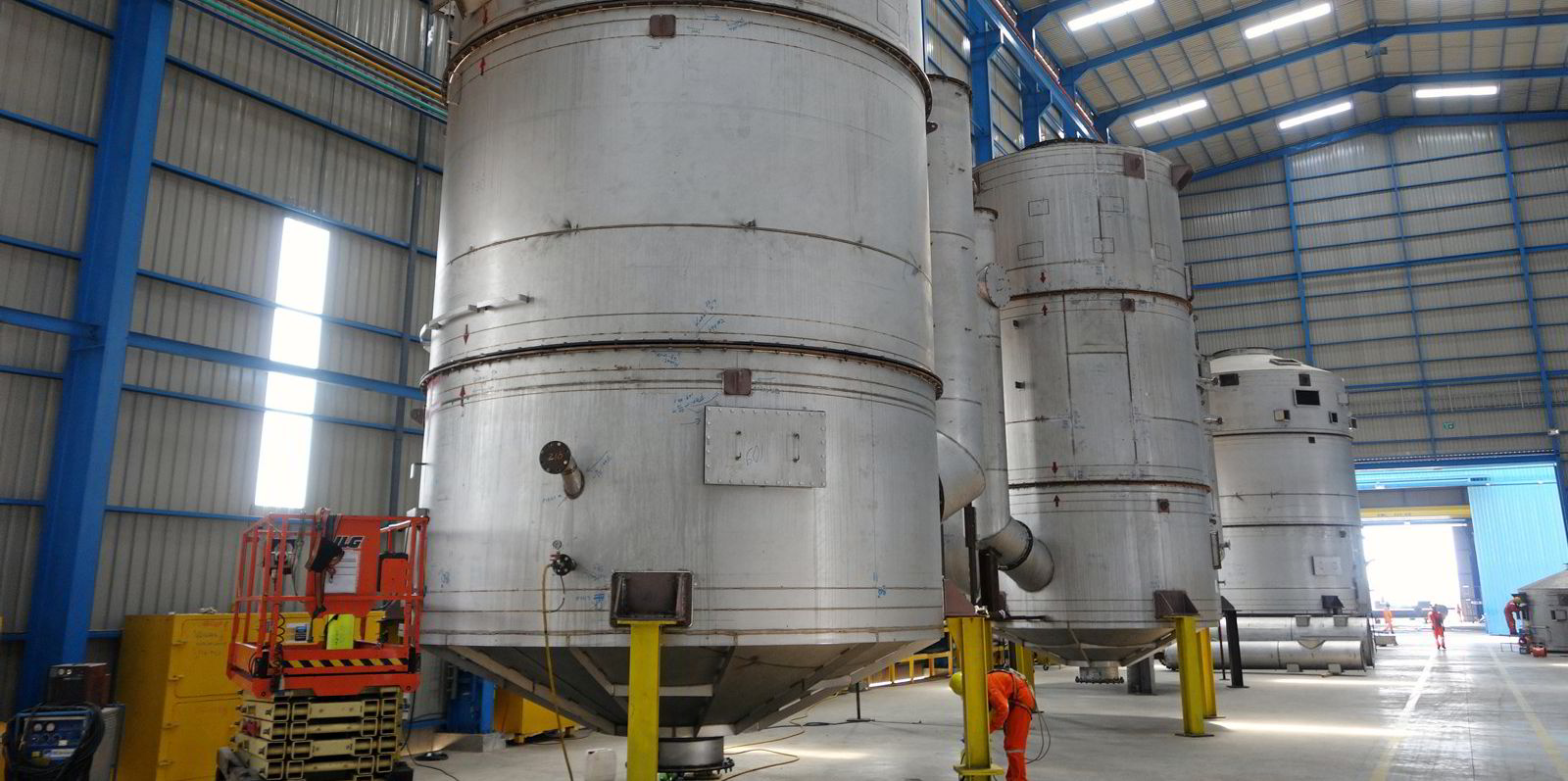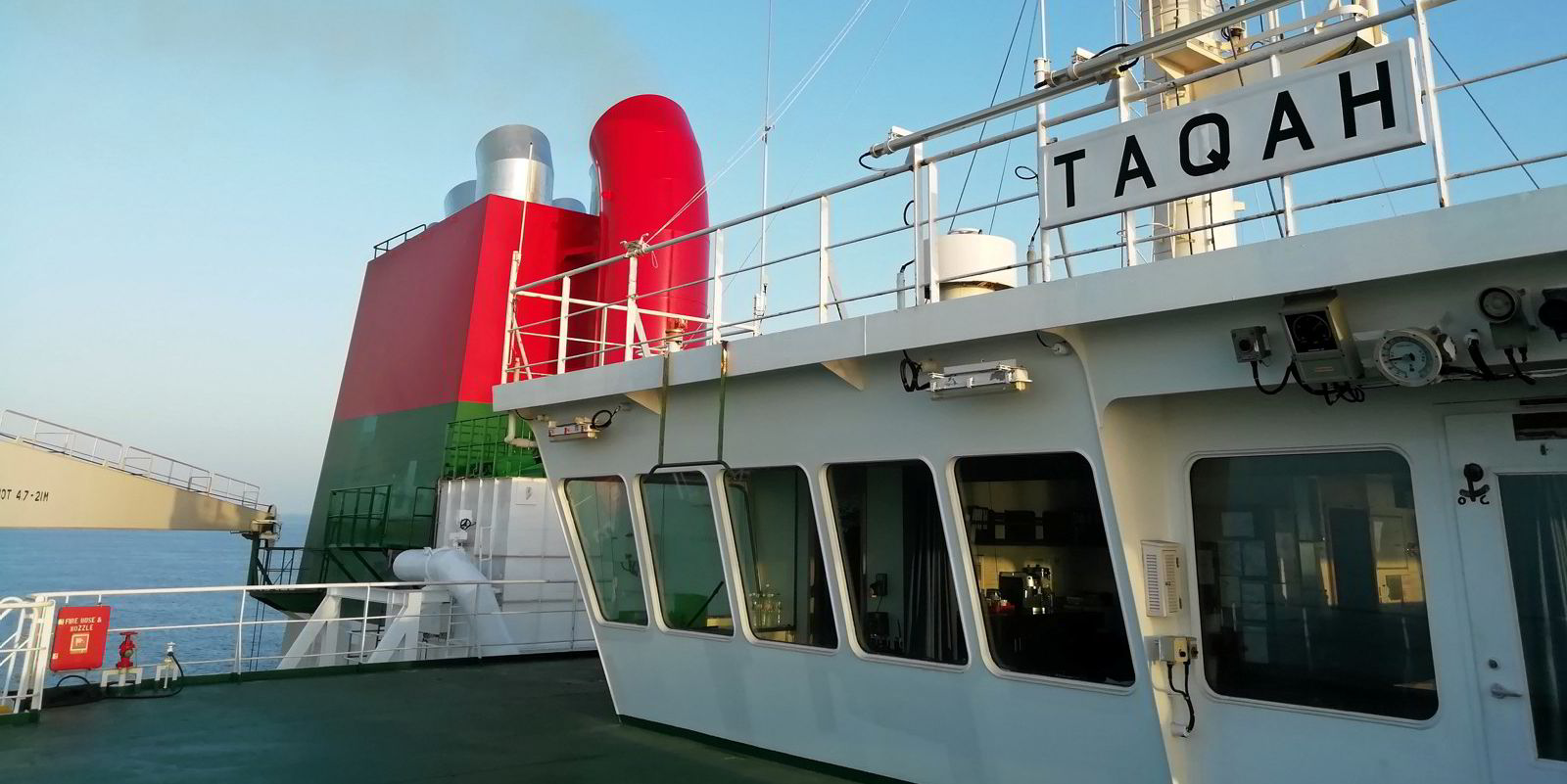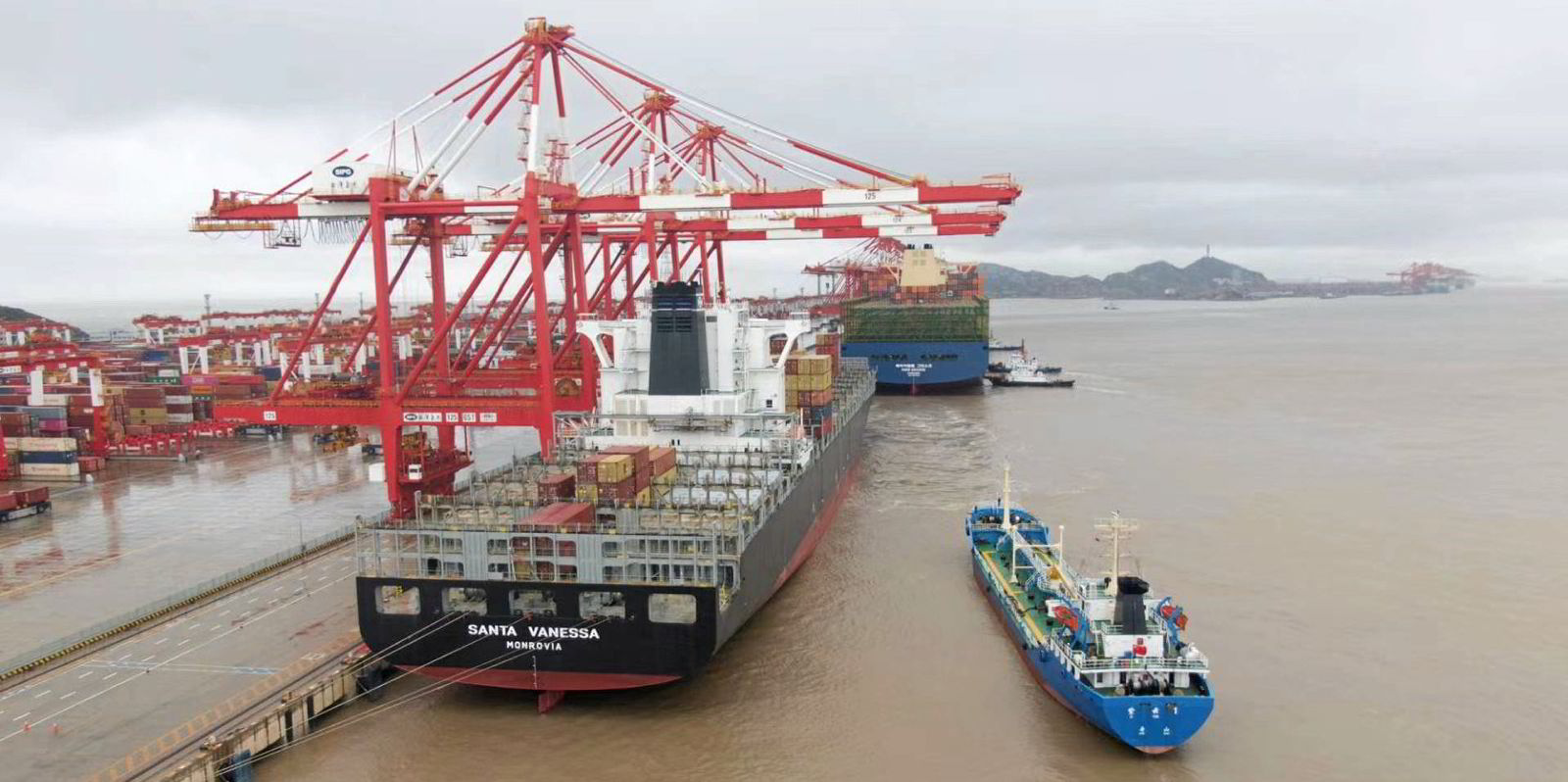At least 10bn tonnes of scrubber washwater are expected to be discharged by the global fleet’s scrubber-fitted vessels each year, according to a new report by the International Council on Clean Transportation (ICCT).
The report, which references washwater as covering the discharge from both open- and closed-loop scrubbers, said this is potentially harmful to the marine environment and poses health risks.
The ICCT recommended that the IMO, countries and ports take action.
Hot spots
It details that about 80% of scrubber discharges occur within 200 nautical miles of shore, with hot spots occurring in heavily trafficked regions or along major shipping routes.
The ICCT said some of these routes pass through IMO-designated Particularly Sensitive Sea Areas (PSSAs), including the Great Barrier Reef, where about 32m tonnes of scrubber washwater will be discharged, mainly from ships serving coal terminals in north-east Australia.
"Our analysis shows that ships with scrubbers are expected to discharge at least 665m tonnes per year in PSSAs," the ICCT said, including areas such as the Caribbean Sea, the Great Barrier Reef and the Galapagos Archipelago.
The group said its earlier research found that all scrubbers discharge washwater that is more acidic than the surrounding seawater and which contains polycyclic aromatic hydrocarbons (PAHs), particulate matter, nitrates, nitrites and heavy metals.
ICCT said PAHs and heavy metals have been linked to cancers and reproductive dysfunction in marine mammals, which raises environmental and public-health concerns.
Modelling
The ICCT modelled pre-pandemic ship traffic patterns from 2019 for its research and estimated the mass of scrubber washwater discharges for vessels that had or were expected to have scrubbers installed by the end of 2020.
While it expects its results to remain representative into 2021 and for the next few years, the body acknowledged that results for cruiseships are likely to differ once they resume operations.
The ICCT said containerships, bulkers and tankers, which together account for three-quarters of scrubber installations by the number of ships, are responsible for about 70% of scrubber discharges worldwide.
Another 15% of discharges are from cruiseships, which the ICCT report said are also the main contributor to scrubber discharges in port.
Action
In its report, the ICCT urged policymakers to consider several actions.
The group said the IMO’s Marine Environment Protection Committee could ban ships from dumping scrubber discharge water in places that should be protected, including PSSAs, estuaries, near-shore areas and marine-protected areas.
The ICCT also urged regulators to establish a timeline for phasing out scrubbers on existing ships.
At the regional or national level, the group said authorities could prohibit all scrubber discharges in waters under their jurisdiction and work with neighbouring countries to look at impacts on an ecological level rather than political borders.
“Prominent flag states such as Panama, the Marshall Islands, and Liberia, which register ships expected to be responsible for 40% of global scrubber discharges, could agree to phase out the use of scrubbers on ships flying their flags," the ICCT said.
"In the case of Panama, this would mean applying the same discharge bans to ships flying its flag as it does to ships transiting the Panama Canal."
